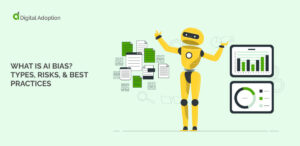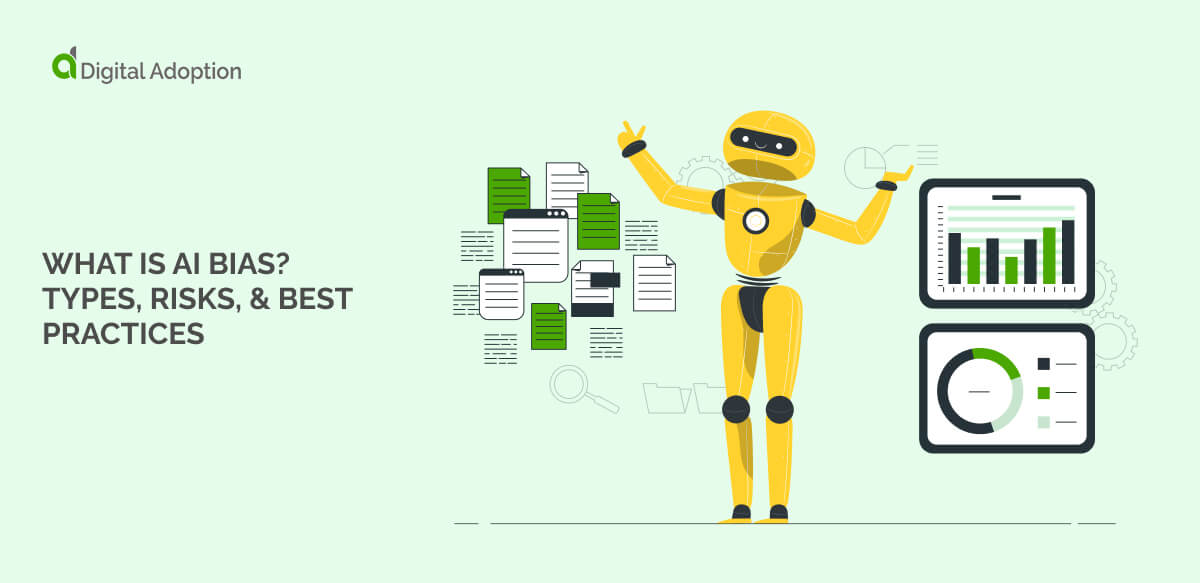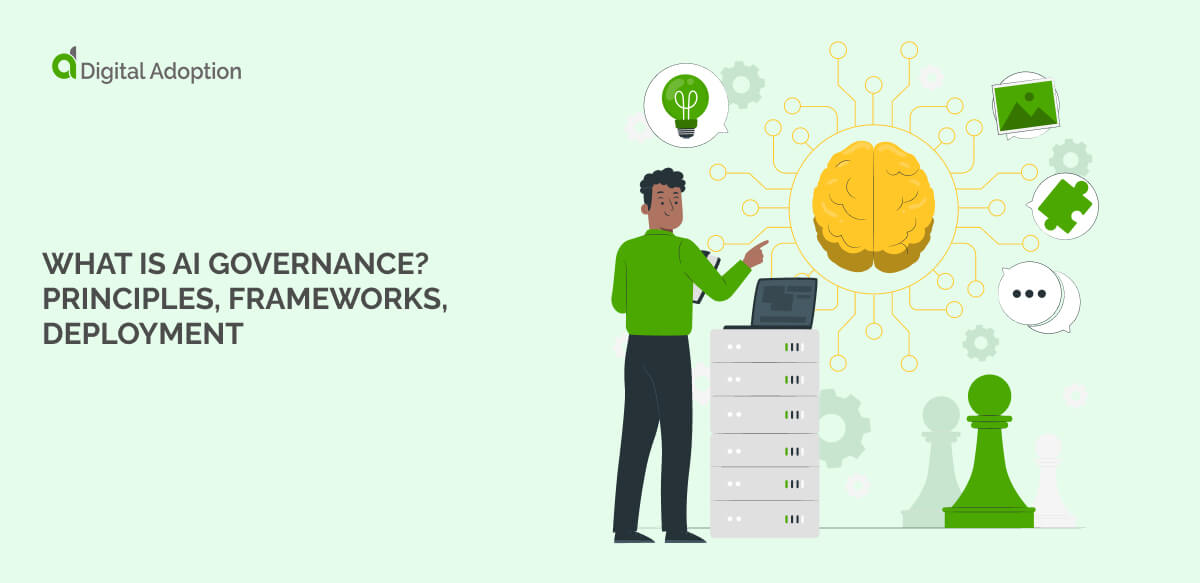The reality is that technology is only as good as an organization’s digital adoption tactics.
What this really means is that, if employees or customers don’t adopt and use digital tools effectively, then having them is a waste of time. And it’s a very expensive waste of time too.
This is why business leaders must develop strategies to enable employees and customers to adopt their technology quickly.
4 digital adoption tactics that will supercharge your digital transformation
1. Consider your users
If you plan to implement a new digital platform, it must be right for your users.
Rebecca Knight, writing in the Harvard Business Review, says, “When you’re shopping around for a new technology – be it a customer relationship management (CRM) program or software to better manage employee timesheets – bear your team’s interests in mind.
“Functionality is critical, but so is user-friendliness. Technologies that require multi-day training programs and hefty user manuals are a surefire recipe for employee bellyaching and a stalled adoption.”
You need to keep the user experience (UX) in mind. Digital tools must be fit for purpose and user-friendly, otherwise you risk wasting your money.
If introducing new enterprise software, survey your employees first. Ask them what their issues are with the current tools and what potential issues they foresee with a new system being introduced.
For customers, the UX doesn’t stop after market research and product development. Once you’ve found out what they want and how to give it to them, you need to ensure they understand exactly how to get the best out of it.
Of all digital adoption tactics, concentrating on your users is the ultimate.
2. Strategize for rapid adoption
Typically, in a digital transition, there are users that fall into the following groups:
- Innovators: 2.5% of the using market and the earliest to adopt a new digital system
- Early Adopters: 13.5% of users and the next group to adopt:
- Early Majority: Approximately a third of the using market
- Late Majority: Another 34% of users.
- Laggards: These users will drag their feet and be the last to adopt the new digital platform (usually around 16%).
With the right digital adoption tactics and tools in place, every user can fall into the category of ‘Innovator’. This is where tactic #3 comes in.
3. Use a DAP
The term “Digital Adoption Platform” was first used by WalkMe. WalkMe explains that, digital adoption is about “more than just basic functions.” True adoption takes place “when technology becomes second nature to its user.”
The Digital Adoption Platform (DAP) was designed to help users to navigate the features and tools of digital systems. It rapidly speeds up the adoption process by providing personalized real-time guidance to users.
Most modern organizations will benefit from using a DAP for their employee-facing and customer-facing platforms. Successful onboarding plays a key role in successful digital transformation.
“[The] Digital Adoption Platform (DAP) is a guidance layer that is added on top of any existing website, software or online platform.
“The layer simplifies the user experience and guides users to task completion with on-screen Walk-Thrus. These dynamic step-by-step instructions streamline software implementation on any other online platform.”
4. Follow through
This is where many companies fall down. They believe integration has been successful because users appear to have been onboarded.
But what enterprises need to be doing in order to maximize their technology investment is monitor progress and track adoption data, so they can learn and evolve and continue to innovate.
Without a DAP in place, organizations won’t necessarily know where users are struggling to adopt features or perform certain tasks.
Organizations can spend months in the research and development phase, only to find that upon execution their success is limited due to glitches that need to be ironed out.
So, a period of testing and follow up is required. With a DAP, this is simple, as it provides insights into user problems and adoption progress.
Enterprises can see exactly what step in a process is causing issues for employees, or where in the customer’s path to purchase they’re dropping out. The DAP will even provide suggestions for improvement.
It’s this sort of data that enables enterprises to forge ahead, to provide a better user experience and secure their position as market leaders.
Wrap up
These digital adoption tactics will allow companies to execute their digital transformation successfully. Remember, technology is only as good as its users. So adoption must be rapid and effective, for customers and employees.
Adoption must also be planned. A documented strategy with corresponding resources will enable every user group to adopt like an Innovator. The DAP is the most obvious resource to invest in, as it will facilitate any digital transformation from implementation right through to insights and adjustment.













